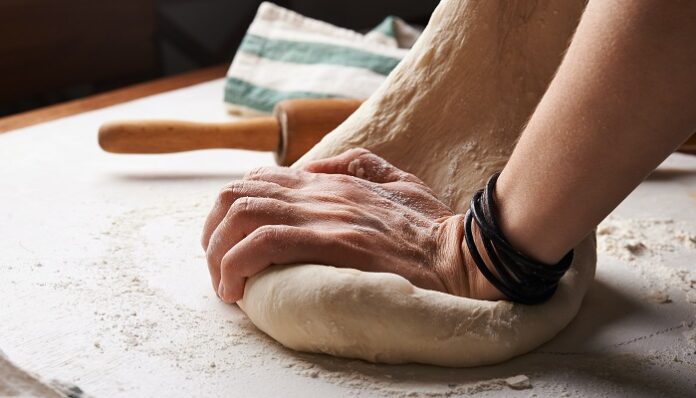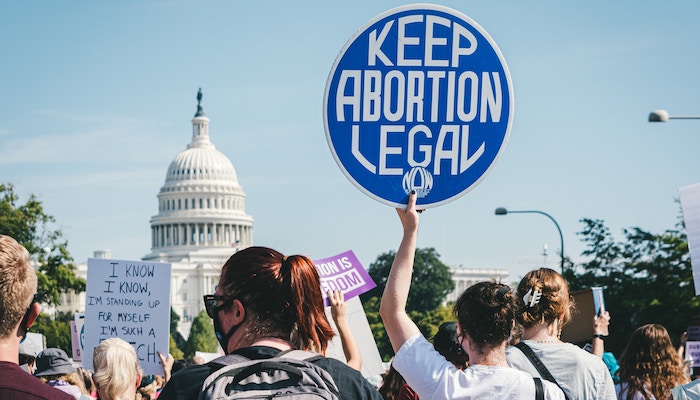
For a year, we all baked bread. We emptied supermarket shelves of all-purpose flour. Of salt. Clean water. Baking soda. Baking powder. Live yeast spoke to us in our kitchens, whispering the sweet bread breaths of dough rising.
The kneading filled the needs of quarantine, our hands pressing, molding, making. I, for one, did this. And as I did, I remembered my childhood, cooking in my grandparents’ kitchen with my grandfather, who taught me how to make a baguette and said: “All you need to survive is a piece of bread under your arm, wine in your satchel.” He was so right.
As many of us understand now, baking is as much about waiting — keeping vigil — as it is about anything else.
You wait for the dough to rise, over and over again. You knead and you wait. The waiting is where I learned my grandfather’s story, my family’s history.
I learned how he escaped the Spanish Civil War at 13, crossing the Pyrenees mountains on foot with his brother, who was only 15. He made it to France, entering a foster home. Then there was World War II, and having to escape again as Europe was being sliced by the blades of a swastika.
He made it to the U.S., Ellis Island, only to be set upon a ship to Cuba. He made a life in Cuba, meeting my grandmother there. Then he found his passion as the leader of a baker’s union, before having to flee again from yet another tyrant — Fidel Castro this time. So he made it to the United States, meeting freedom; home. And so the tale comes full circle.
Today, I am in my grandfather’s house. I am baking bread. We are holding vigil. My grandfather is in the bedroom, white cotton sheets, a hospice nurse by his side. We quarantined hard. We were so careful because we did not want my 98-year-old grandfather to die of COVID alone in a hospital bed after the magnificent life he has lived; the life he has breathed into us, as he let us rise.
Because of this, and something greater than us, my grandfather is not dying of COVID, it is something else. An obstruction, old age. For twelve days, he has been without water, without food, but with palliative care: morphine. My whole family is here.
The last words we heard him speak before he went silent were: “Listen to me, you have to tell the workers that we will raise their wages. It will happen. Do you know what to do? Do you understand your task? This is very important.”
He was speaking about his bakers, the bakers he worked for as a union organizer in Cuba. Those he fought for, just as he fought against Fidel Castro, who was trying to destroy the country my grandfather had cloaked over himself, made his own.
Under my grandfather, bakers got a pension for the first time. Under my grandfather, bread was broken and shared. His union built the historic Havana Hilton Hotel. And today, as I bake, I think of my grandfather. I think of everything we’ve gone through as a human race this past year. I think of all the bread we’ve made. The vigils we’ve kept.
Little did I know that all that baking was not only about surviving, but also about saying goodbye to my beautiful grandfather, who I call Papan.
Pan, in Spanish, means bread.
Originally written by Vanessa Garcia on YourTango
Photo by Nadya Spetnitskaya on Unsplash


















